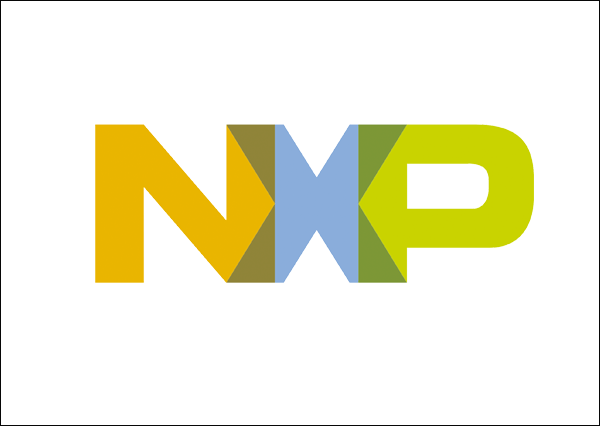No Results Found
The page you requested could not be found. Try refining your search, or use the navigation above to locate the post.


AP-HM (Assistance publique – hôpitaux de Marseille) is the third largest university hospital in France, managing 4 hospitals, 3,400 beds, 12,000 employees and 2,000 physicians.
As a large organization, APHM manages a large number of paper records and private patient data.
To offer new, electronic services to healthcare professionals and patients, APHM wanted to reduce its persistent material flows and guarantee document integrity and evidential value through electronic signatures. In addition, APHM needed a solution capable of managing a large and ever-evolving volume of electronic documents.
We have deployed IDnomic Sign, our electronic signature solution, together with our IDnomic timestamp application, which is compliant with the eIDAS regulation.
The deployed platform produces more than 5500 signatures per day.
The page you requested could not be found. Try refining your search, or use the navigation above to locate the post.


Scottish Water (SW) is responsible for providing water and wastewater services to domestic and wholesale customers. SW plans to migrate from a legacy PSTN-based OT network to secure, leading-edge technologies. SW will use wireless and satellite public IP networks that require trusted security for encryption of communications and compliance with the EU’s NIS 2 (Network Infrastructure Security) regulation.
To provide Scottish Water with a NIS-2 compliant solution, we deployed an IDnomic PKI as a cloud service in our data center, providing digital identities for credential management for network devices communicating over 5G in a cost-effective and fast time-to-market approach. In addition, our secure microSD card from Cryptovision serves as a trust anchor for the routers deployed by Scottish Water.
The page you requested could not be found. Try refining your search, or use the navigation above to locate the post.


As a key representative of the automotive industry, Renault has identified a need for secure, trusted digital identities for various use cases in two categories:
– Security outside the vehicle, including network devices and internal or partner users.
– Security inside the vehicle, enabling secure communication between vehicles and the Renault backend.
In order to serve all the use cases identified by Renault Nisan, we have deployed our PKI solutions from IDnomic. This relates in particular to user certificates on USB tokens for authentication to specific applications and in the dealership network using the Credential Management System to manage the entire lifecycle of certificates and credentials, and to the provision of NAC certificates on Windows devices using IDnomic Proxy for auto-enrollment.
In addition, in the area of on-board security, we implemented Renault vehicle authentication at the back-end level to enable downloading of monitoring information.
The page you requested could not be found. Try refining your search, or use the navigation above to locate the post.


Société Générale is one of Europe’s leading financial services groups, supporting 25 million customers everyday thanks to its more than 117,000 employees in 66 countries.
Focusing on security of their employees, Societe Generale needed to manage smart cards, used by their employees. Moreover, they were looking for a specific solution for strong authentication implying biometrics for traders.
In order to cover Societe Generale’s requirements, we deployed Idnomic CMS to manage more than 50.000 corporate users. Additionally, the “Bioguard” module is in charge of providing biometric authentication solution in order to replace PIN entry to activate the credentials on the smart card.
The page you requested could not be found. Try refining your search, or use the navigation above to locate the post.


Stellantis (formerly PSA Group) is one of the leading European players in the automotive industry, with employees of more than 160 nationalities and represented by industrial companies in more than 30 countries with customers in more than 130 markets.
The company was looking for a PKI suite capable of providing digital identities for its employees as well as for the vehicles it produces. The main objectives were to control access and ensure the confidentiality of information exchange.
IDnomic has been the PKI provider for Stellantis (the former PSA Group) since 2006. More than 500,000 certificates are permanently active for internal use by employees.
Every year, about 2,000,000 vehicles are secured with digital certificates from IDnomic.
The page you requested could not be found. Try refining your search, or use the navigation above to locate the post.